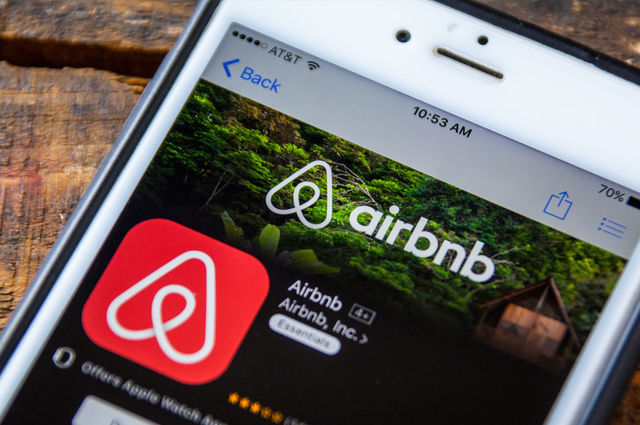Is Airbnb Hotelier’s Friend or Foe?
14 experts shared their view
After the recent acquisition of HotelTonight, If there were any doubt as to Airbnb's true intentions of entering the OTA space and start aggressively competing with online travel agency giants such as Booking Holdings and Expedia, they need to be laid to rest immediately.
The industry has conflicting views of the role Airbnb plays and will play in hotel distribution. Some hoteliers believe that Airbnb is not an ordinary OTA since it "hijacks" travel demand and diverts traditional hotel guest to private accommodations. Airbnb has already "hijacked" 10%-15% of the travel demand in many major metropolitan areas and leisure destinations such as New York City, Paris, and London. This affects negatively overall occupancy and hotel room pricing and hoteliers are unable to raise ADRs in periods of traditional peak demand. According to Morgan Stanley Research, 50% of survey respondents in the US, UK, France, and Germany reported that they booked an Airbnb in place of a traditional hotel. In other words, Airbnb is diverting traditional hotel guests to private accommodations.
Other hoteliers welcome the entry of Airbnb in the hotel distribution mix, since they believe Airbnb adds another option to the existing duopoly of Booking Holdings and Expedia.
What is your take on the subject?
Despite its powerful outward appearance, Airbnb needs the hotel industry much more than hotels need Airbnb. Access to suitable supply is the key success factor for any Platform business. This is particularly true in travel, as demand for a particular moment in time cannot easily be deferred to a later date and needs to be serviced immediately or else it is lost.
This need helps explain why OTAs such as Expedia and Booking.com go to such lengths to both sign up additional properties and develop close relationships with existing properties through their network of market managers. In effect what they are trying to do it get access to more and more supply so as to be able to propose solutions whenever a potential customer searches for a room in any city on any date.
Airbnb current has a supply crisis. In its pre-IPO state, maintaining growth is a key issue. To do so, it needs more supply in the destinations that its customers are demanding. However, not only are many of these markets already saturated in terms of the number of private accommodation providers willing to share their homes, but the company is facing increased regulation in many o fits key destinations that not just limit, but threaten to significantly reduce, the number of nights such properties can be rented. Quite simply their supply of peer-to-peer accommodation is rapidly drying up.
Thus it's not surprising that they are turning to hotels. Smart properties should leverage this possibility to embrace an additional, undoubtedly powerful, distribution channel and diversify their sources of online business. Opportunities like this don't grow on trees!


